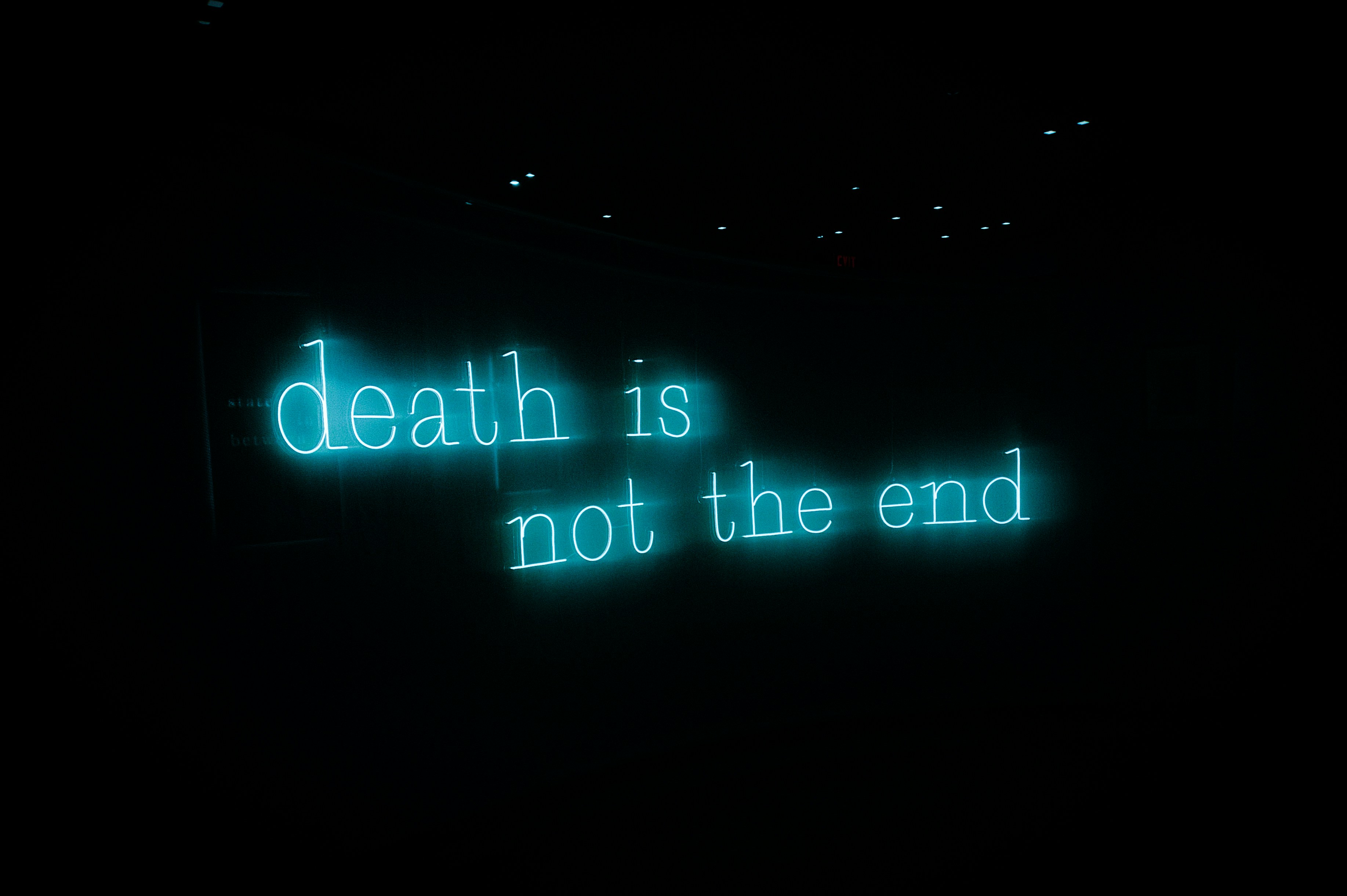Science has always framed life as an accident. A random swirl of atoms somehow booted up DNA, and consciousness came along for the ride, a side effect of biology. But a growing idea called biocentrism flips that story on its head.
In this view, consciousness isn’t an accident of the universe. It’s the foundation of it.
Consciousness First, Universe Second
Proposed by Robert Lanza and drawing on the weirdest corners of quantum physics, biocentrism suggests that reality itself depends on the observer. The universe doesn’t create consciousness. Consciousness creates the universe.
Suddenly, those bizarre quantum quirks, the observer effect, entanglement, even hints of retrocausality, look less like bugs and more like features of a consciousness-first cosmos.
Death, Redefined
If consciousness is fundamental, then death may not be the full stop we’ve been taught to fear. Instead, it’s a transition of awareness within a vast multiverse. Life ends in one reality, but awareness simply… updates, migrating into another branch.
It’s not reincarnation in the spiritual sense, but more like a continuity of consciousness beyond time and space. You never “stop existing”, you just switch servers.
Hope in the Glitches
And maybe this explains something else. We’re often told stories of loved ones reaching out after they’ve passed, a dream, a whisper, a flicker of presence you can’t quite explain.
What if those aren’t ghosts, but messages across the multiverse? An instant message from another game, a small glitch where their consciousness pings yours across realities. Not haunting, but connection, proof that even in another branch, love doesn’t log out.
The Comforting (and Unnerving) Part
On one hand, biocentrism is oddly comforting. Death isn’t the end, it’s a new chapter. On the other hand, it’s deeply unsettling: if reality is observer-dependent, then what we think of as “objective” truth is more like a multiplayer simulation where the rules only load when someone logs in.
And if that’s the case, are you living life, or rendering it?
Biocentrism is far from mainstream. Many physicists dismiss it as philosophy wrapped in science-y language. But the fact that it keeps gaining attention says something about our hunger for answers that physics alone can’t give us.
Whether it’s profound or pseudoscience, the idea lingers: consciousness may not just experience reality. It may be reality.
If biocentrism is right, death isn’t an end but a handover. Consciousness simply shifts lanes in the multiverse. You don’t disappear. You just log in somewhere else.
So the next time you feel a tug from someone you’ve lost, maybe that’s not memory. Maybe it’s a notification from another universe: “Still here. Still with you.”

